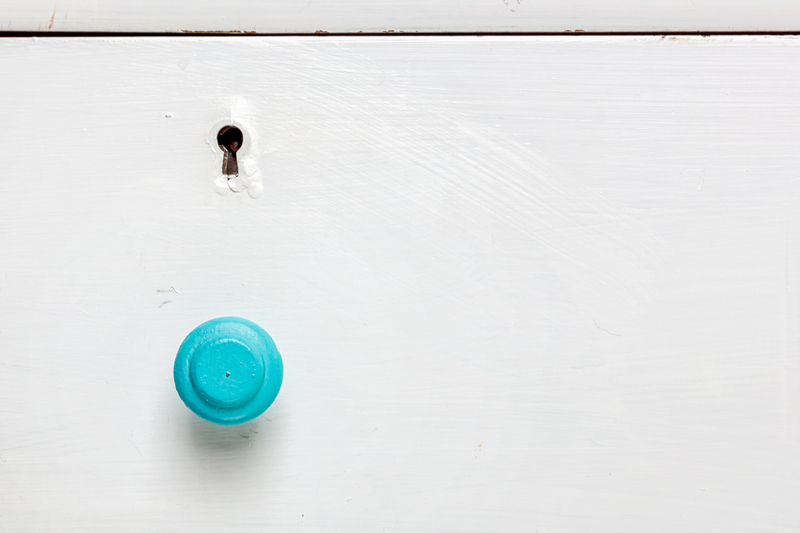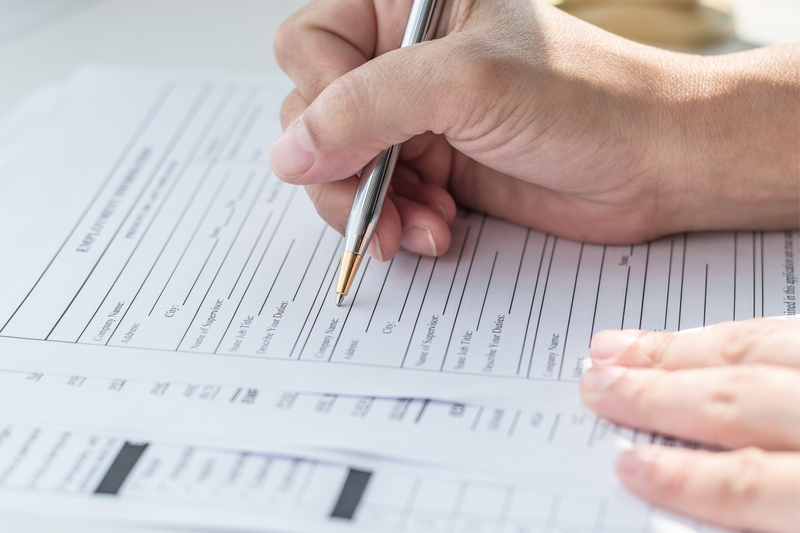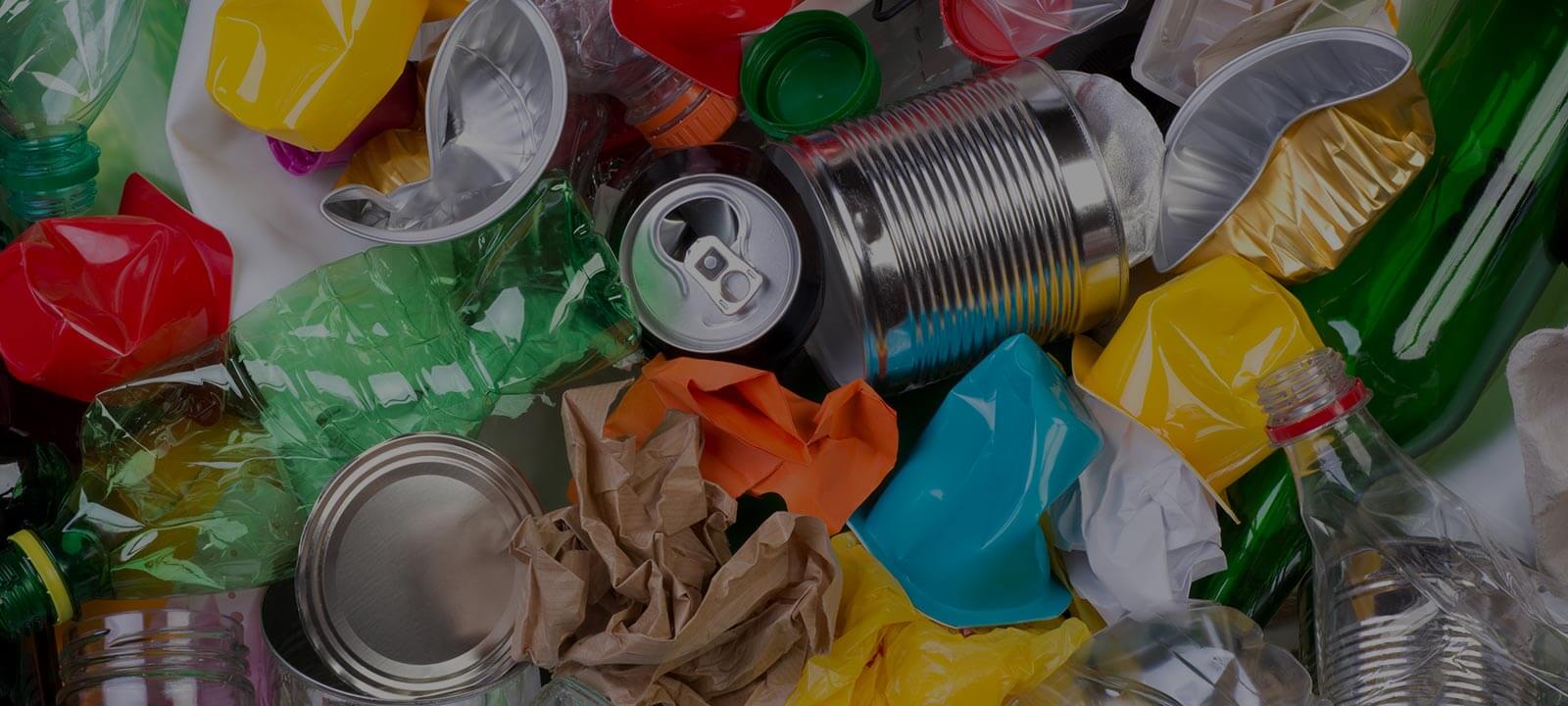Tips for Easier Recycling
Posted on 12/03/2025
Recycling is an essential practice to help protect our environment, reduce waste, and conserve natural resources. While many people recognize the importance of recycling, the process itself can sometimes be confusing and cumbersome. Here are some practical tips to help make recycling easier and more efficient for you and your household.
1. Know What Can Be Recycled
Understanding what materials can and cannot be recycled is crucial. Common recyclable items include paper, cardboard, glass bottles, aluminum cans, and certain plastics. Check with your local recycling program to get specific guidelines on what is accepted in your area.

2. Rinse and Clean Recyclables
Before tossing items into your recycling bin, make sure they are clean and free of food residue. Rinsing bottles, cans, and containers can prevent contamination and ensure that they are properly recycled.
3. Separate Different Materials
Different types of recyclables should be separated to avoid contamination. For instance, paper and cardboard should be kept away from plastics and metals. Use separate bins or containers to keep items sorted.
4. Flatten Cardboard Boxes
Break down and flatten cardboard boxes before placing them in your recycling bin. This helps save space and makes it easier for recycling facilities to handle and process them.
5. Avoid Plastic Bags
Plastic bags can get tangled in recycling machinery and cause delays. Instead of using plastic bags to hold your recyclables, use designated recycling bins or containers.
6. Recycle Electronics Properly
Electronic waste, such as old phones, computers, and batteries, should not be thrown in regular recycling bins. Research local e-waste recycling programs to dispose of electronics safely and responsibly.
7. Keep Up with Changes in Recycling Rules
Recycling guidelines can change over time, so it is essential to stay informed about any updates or changes in your community's recycling program. Regularly check with your local waste management authorities for the latest information.
Pros and Cons of Recycling
Pros:
- Reduces waste: Recycling helps reduce the amount of waste sent to landfills and incinerators.
- Conserves natural resources: Recycling conserves valuable natural resources like timber, water, and minerals.
- Reduces pollution: Recycling can reduce air and water pollution caused by waste disposal.
- Energy savings: Recycling often uses less energy than producing new products from raw materials.
- Economic benefits: Recycling programs can create jobs and generate revenue for communities.
Cons:
- Contamination: Improper recycling can lead to contamination, making recycling less effective.
- Cost: Setting up and maintaining recycling programs can be expensive for some communities.
- Complexity: Different materials require different recycling processes, which can be confusing for consumers.
- Limited markets: Some recycled materials may have limited markets, making it difficult to find buyers.
Additional Tips for Easier Recycling
- Educate your household: Make sure everyone in your household knows the recycling guidelines and follows them.
- Reduce packaging: Choose products with minimal packaging or packaging made from recyclable materials.
- Buy recycled products: Support the recycling industry by purchasing products made from recycled materials.
- Compost organic waste: Set up a compost bin for food scraps and yard waste to reduce the amount of waste you produce.

Takeaways
Recycling is a simple yet effective way to contribute to environmental conservation. By understanding recycling guidelines, properly sorting materials, and staying informed about changes in recycling rules, you can make the process easier and more efficient. Additionally, educating your household, reducing packaging, and composting organic waste can further enhance your recycling efforts.
Conclusion
Recycling is a critical component of sustainable living. While it may require some effort and knowledge, the benefits far outweigh the challenges. By following these tips and best practices, you can make recycling easier and more effective, ultimately contributing to a healthier planet. Remember, every small action counts, and together, we can make a significant impact on our environment.
Latest Posts
Alternatives to Common Plastic Items
Recycling Strategies for Non-Compostable Garden Materials






